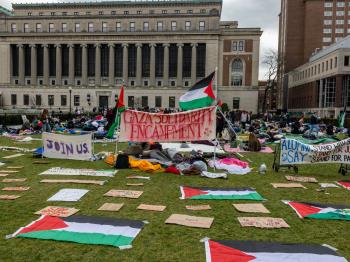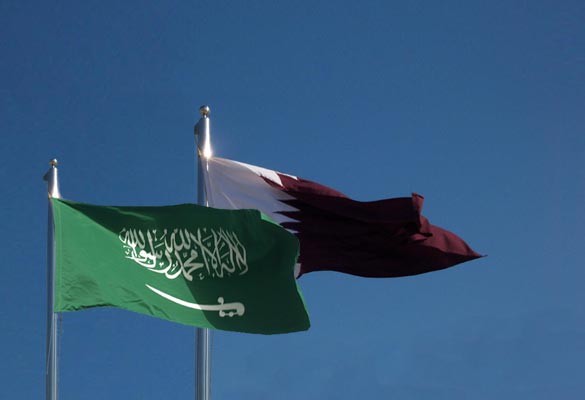Alwaght- A report by the Transparency International says growing corruption in Persian Gulf Arab countries is affecting their already deteriorating ranks based on international indexes.
In its recent report, the watchdog organization mentions Qatar, Kuwait, Bahrain and Saudi Arabia as the counties that have seen their ranking collapse in the group's annual Corruption Perceptions Index of 2016.
The report further mentions underdeveloped supervisory and anticorruption mechanisms as the main reason for the growth of financial corruption in these oil-rich countries.
"Despite the political modifications that shook the Arab area six years in the past, the hope for Arab countries to battle corruption and finish impunity has not seen any progress," Kinda Hattar, a regional coordinator for Transparency International.
The report said Qatar saw the biggest fall in the 0-100 scale as its ranking slid 10 factors from 71 in 2015 to 61 last year. Next is Kuwait and Bahrain that each fell eight factors, to 41 and 43, respectively, and then comes Saudi Arabia which has been placed at 46, six factors lower than the previous rankings.
Hattar also mentioned a growing desire to further establish dictatorship and monopoly of power as another major reason leading to more members of the ruling families to occupy key positions in the administration that increases the chance of corruption.
"(Persian) Gulf States have dropped on the index as ruling households proceed to carry power politically and economically," Hattar said, adding that oppressive approaches to freedoms and the absence of an impartial civil society have also played a role.
Aggressions against Yemeni people is also another reason raised by the official as he says the costly attacks by the Saudi-led coalition has forced the governments to exercise a policy of financial ambiguity to cover up war expenditures.
"The army involvement of those states in regional coalitions has raised the ranges of secrecy and ambiguity of public expenditure and state budgets," said Hattar.
A global slump in oil prices and the war on Yemen have left an impact on Saudi Arabia's ability to finance its public institutions. The kingdom announced a series of deep spending cuts last year to compensate for more than 100 billion of deficit it had anticipated for the 2017 budget.



























